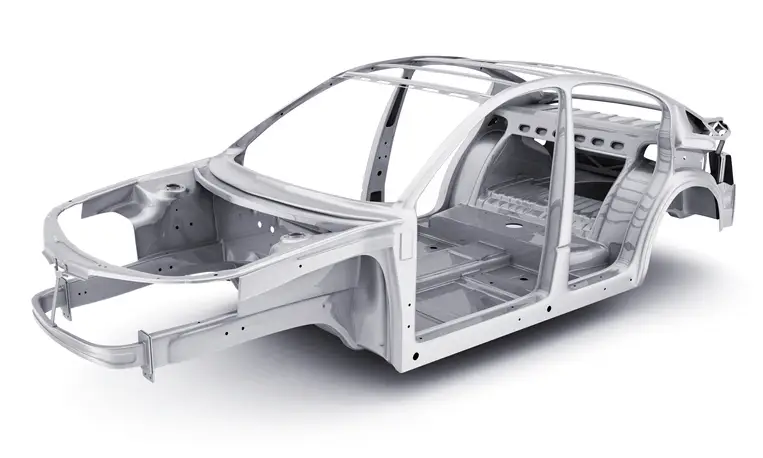Rubber molding is a critical process in a variety of industries, from automotive to medical devices. The materials used in this process play a key role in determining the performance, durability, and suitability of the final product. Liquid Silicone Rubber (LSR) is one of the most widely used materials in rubber molding due to its unique properties. This article will explore the materials used in rubber molding, focusing on liquid silicone rubber injection molding and the qualities that make these materials stand out.
Liquid Silicone Rubber (LSR) and Its Benefits for Manufacturing
Liquid Silicone Rubber (LSR) is a versatile material commonly used in liquid silicone rubber molding. It offers several benefits, including high thermal stability, excellent elasticity, and durability. Henry Precision, known for its precision in molding, often utilizes LSR in its processes. The ability to perform high-precision liquid silicone rubber injection molding ensures that products are manufactured to exact specifications. This material is favored in industries where flexibility and resistance to extreme temperatures are essential.
Heat & Chemical Resistance in Rubber Molding Materials
A key factor in choosing the right material for rubber molding is its resistance to heat and chemicals. Liquid Silicone Rubber (LSR) stands out for its wide operational temperature range, from -50°C to 200°C, making it ideal for demanding applications. The material also boasts excellent resistance to a variety of acids and alkalis. Whether it’s a medical device or a part for the automotive industry, LSR can handle challenging environmental conditions without compromising its structural integrity. Henry Precision’s automated systems ensure that liquid silicone rubber injection molding processes maintain the highest standards of heat and chemical resistance.
The Role of Biocompatibility in Rubber Molding Applications
Biocompatibility is another important consideration, particularly in industries like healthcare and pharmaceuticals. Liquid Silicone Rubber (LSR) is biocompatible, meaning it is safe for use in medical applications, including implants, seals, and gaskets. The biocompatibility of LSR is one of the reasons it is a preferred material for products that come in direct contact with human tissue. Through liquid silicone rubber molding, manufacturers can ensure that products meet stringent regulatory standards for safety and performance, thanks to Henry Precision’s automated manufacturing processes.
Conclusion
In rubber molding, the choice of material significantly impacts the performance and reliability of the final product. Liquid Silicone Rubber (LSR), with its impressive heat and chemical resistance, biocompatibility, and suitability for high-precision liquid silicone rubber injection molding, is an ideal option for many industries. Henry Precision offers advanced liquid silicone rubber molding solutions, ensuring efficient and consistent production at scale. As the demand for high-performance rubber products continues to grow, materials like LSR will remain at the forefront of rubber molding technology.
